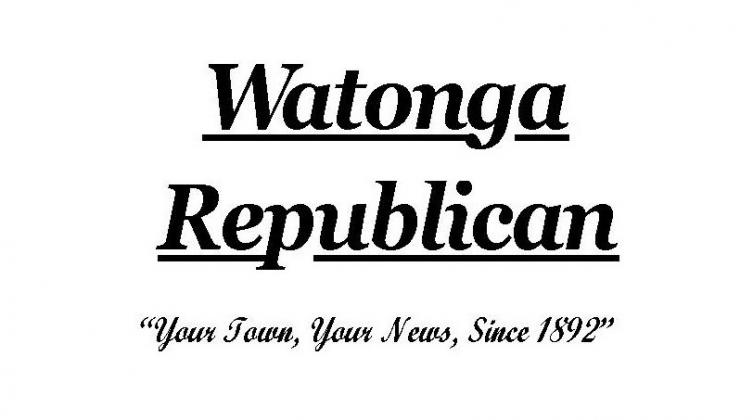Tomorrow is Thursday, April 16, the 107th day of 2020. There are 259 days left in the year.
Tomorrow’s Highlight in History:
On April 16, 1963, Martin Luther King Jr. wrote his "Letter from Birmingham Jail" in which the civil rights activist responded to a group of local clergymen who had criticized him for leading street protests; King defended his tactics, writing, "Injustice anywhere is a threat to justice everywhere."
On this date:
In 1789, President-elect George Washington left Mount Vernon, Virginia, for his inauguration in New York.
In 1889, comedian and movie director Charles Chaplin was born in London.
In 1917, Vladimir Ilyich Lenin returned to Russia after years of exile.
In 1945, during World War II, U.S. troops reached Nuremberg. U.S. forces invaded the Japanese island of Ie Shima (ee-eh shee-mah).
In 1947, the cargo ship Grandcamp, carrying ammonium nitrate, blew up in the harbor in Texas City, Texas; a nearby ship, the High Flyer, which was carrying ammonium nitrate and sulfur, caught fire and exploded the following day; the blasts and fires killed nearly 600 people. At the South Carolina statehouse, financier Bernard M. Baruch declared: "Let us not be deceived — we are today in the midst of a cold war."
In 1960, shortly before midnight, rock-and-roll performer Eddie Cochran, 21, was fatally injured in a taxi crash in Chippenham, Wiltshire, England (he died the next day).
In 1962, New Orleans Archbishop Joseph Rummel excommunicated three local Roman Catholics for fighting racial integration of parochial schools. Bob Dylan debuted his song "Blowin' in the Wind" at Gerde's Folk City in New York.
In 1972, Apollo 16 blasted off on a voyage to the moon with astronauts John W. Young, Charles M. Duke Jr. and Ken Mattingly on board.
In 1977, Alex Haley, author of the best-seller "Roots," visited the Gambian village of Juffure, where, he believed, his ancestor Kunte Kinte was captured as a slave in 1767.
In 1986, dispelling rumors he was dead, Libyan leader Moammar Gadhafi (MOO'-ah-mar gah-DAH'-fee) appeared on television to condemn the U.S. raid on his country and to say that Libyans were "ready to die" defending their nation.
In 2003, the Bush administration lowered the terror alert level from orange to yellow, saying the end of heavy fighting in Iraq had diminished the threat of terrorism in the United States.
In 2007, in one of America's worst school attacks, a college senior killed 32 people on the campus of Virginia Tech before taking his own life.
Ten years ago:
The U.S government accused Wall Street's most powerful firm of fraud, saying Goldman Sachs & Co. had sold mortgage investments without telling buyers the securities were crafted with input from a client who was betting on them to fail. (In July 2010, Goldman agreed to pay $550 million in a settlement with the Securities and Exchange Commission, but did not admit wrongdoing.)

